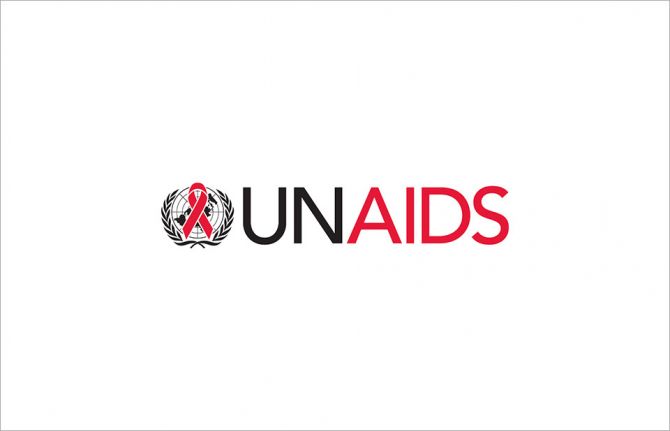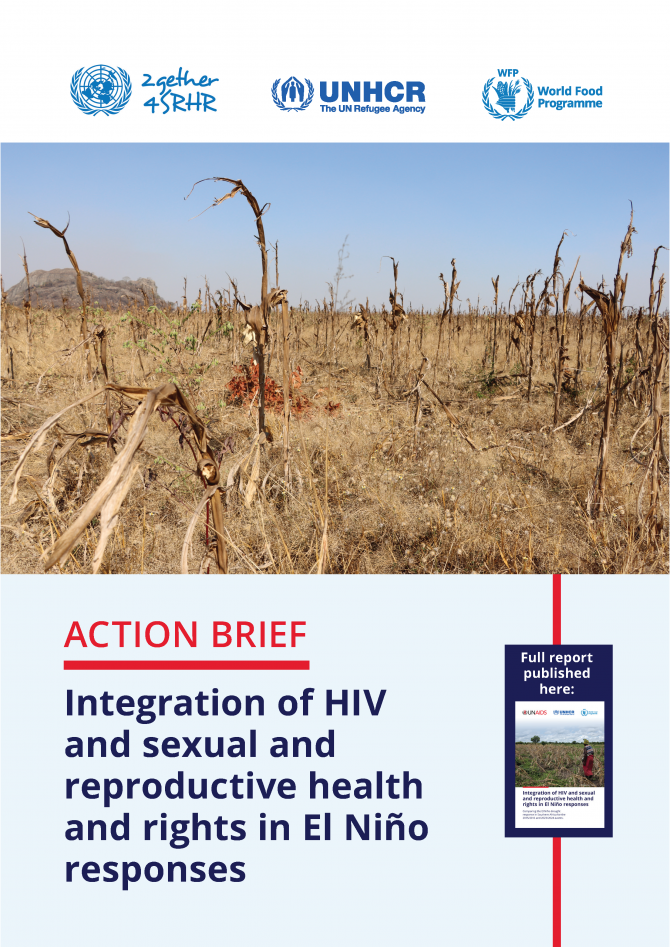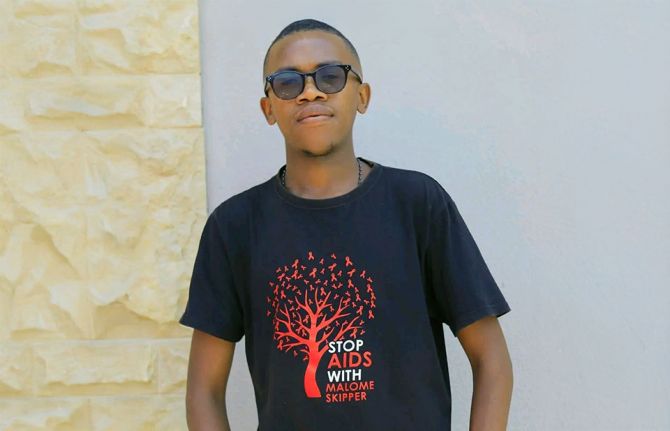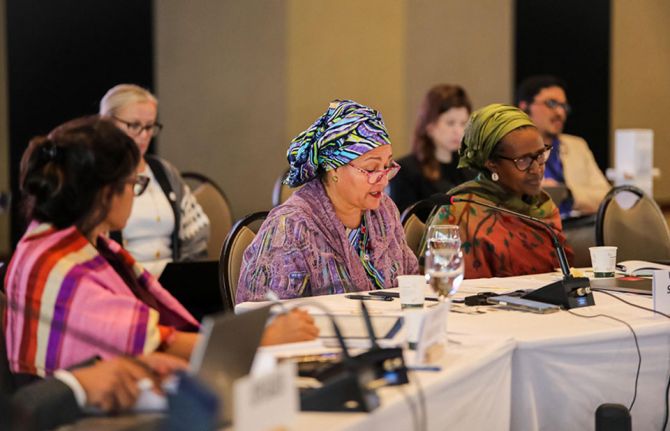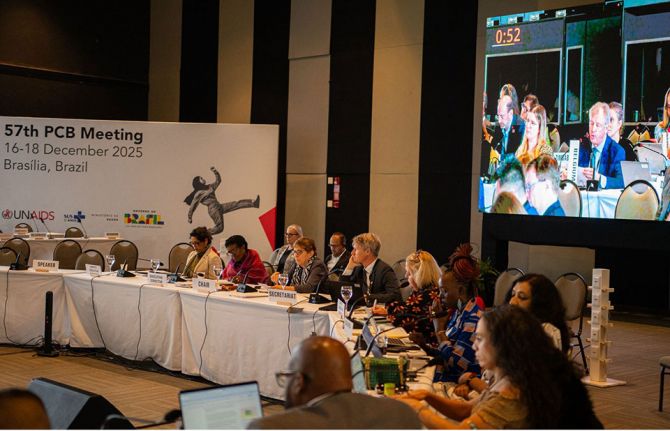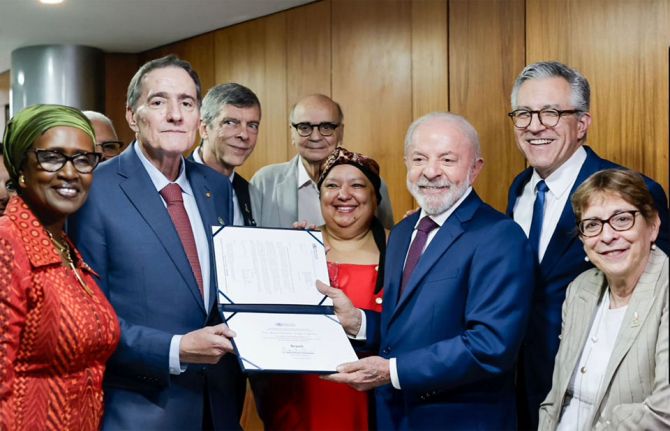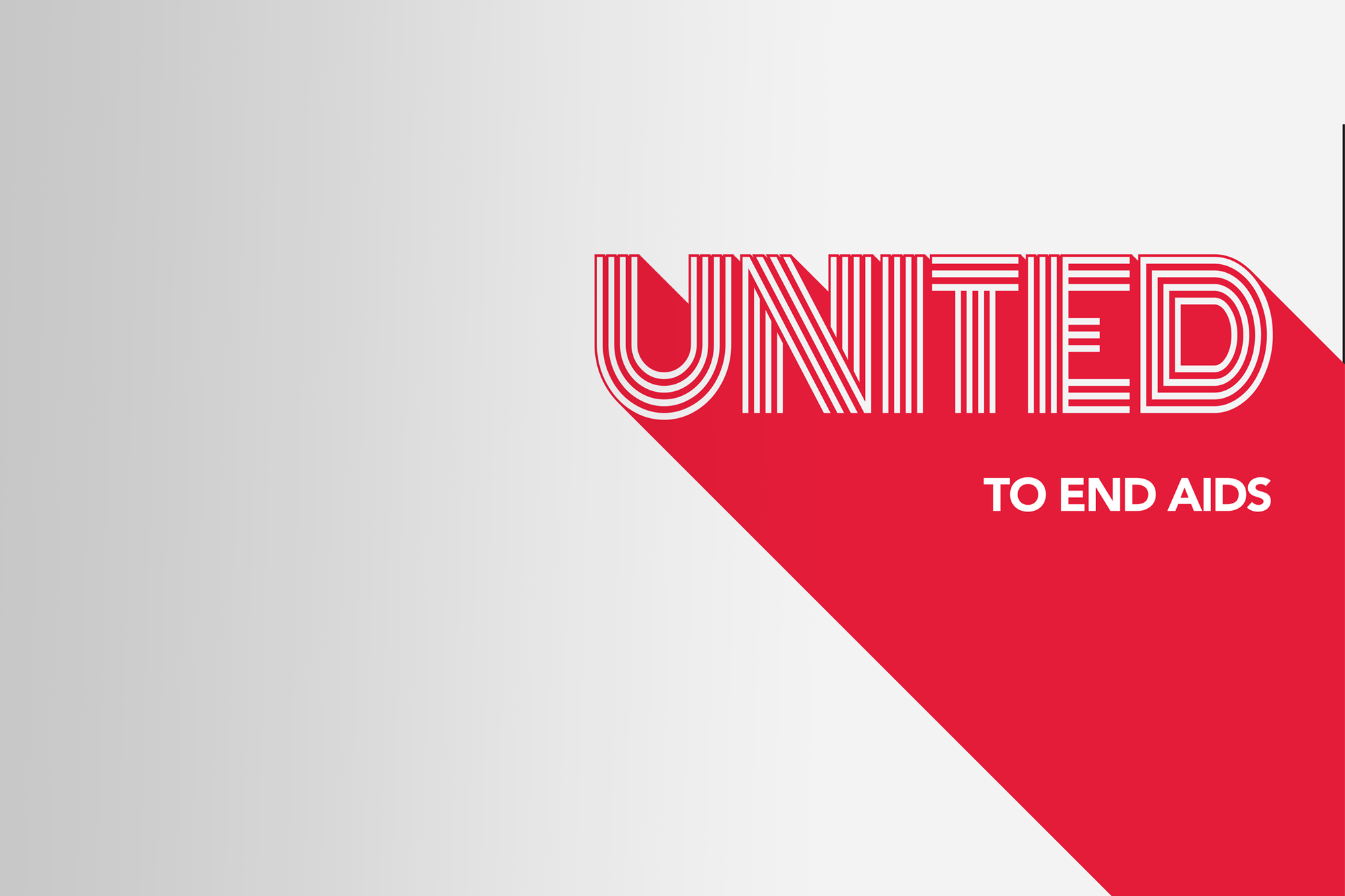
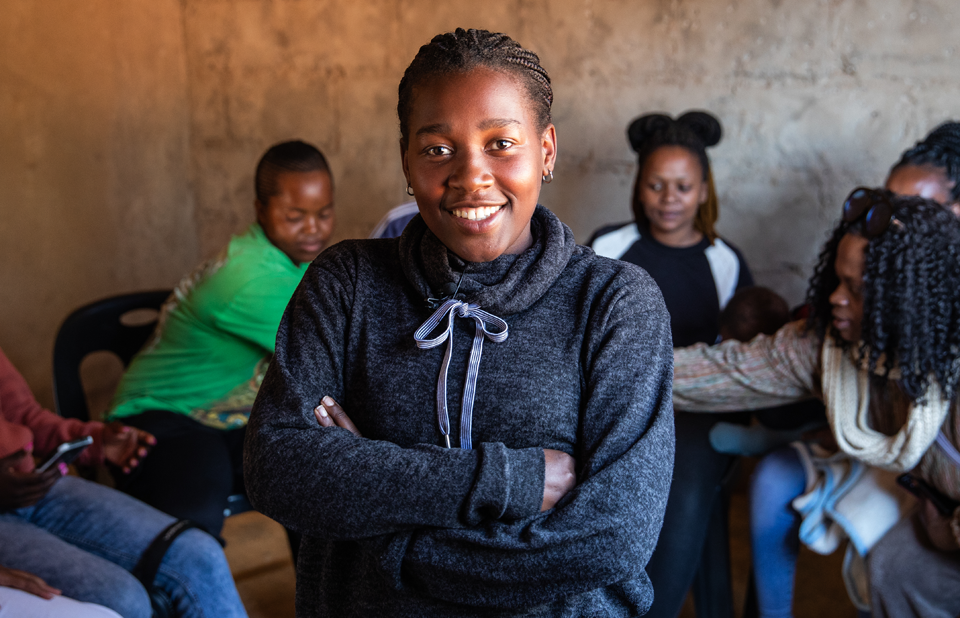

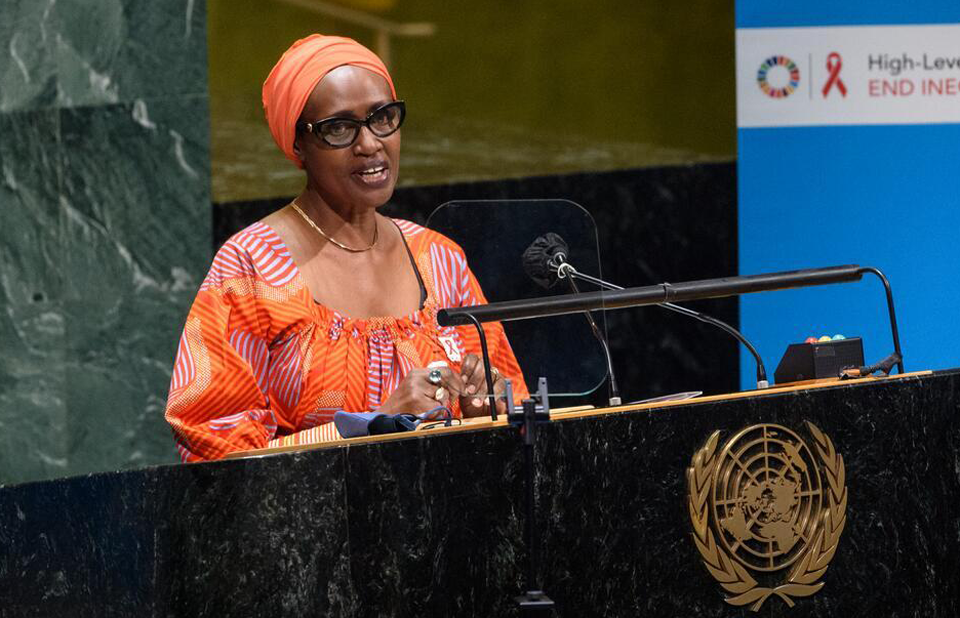
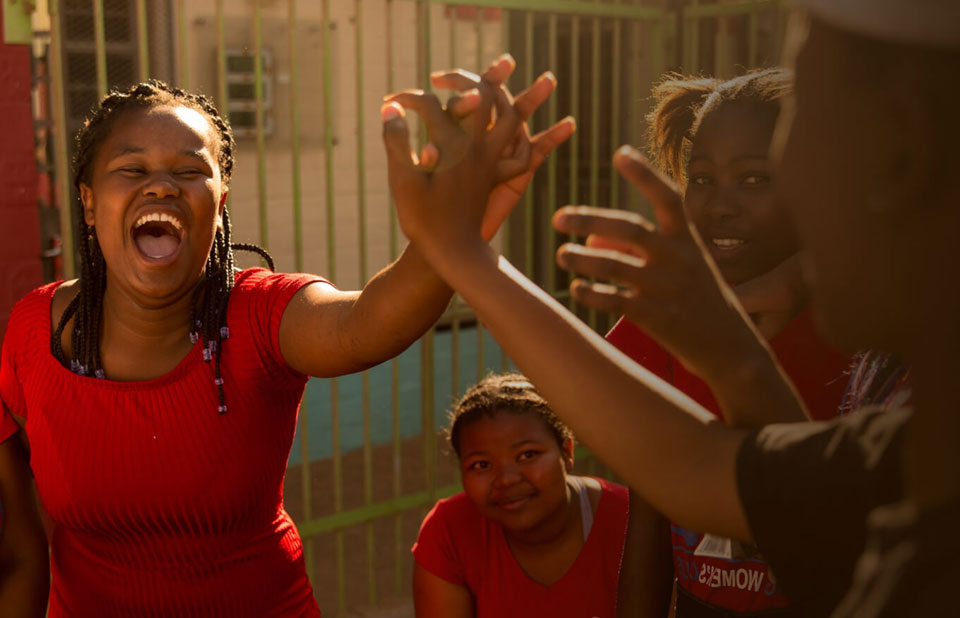
UNAIDS has proposed a new approach to ensure the sustainability of the HIV response.
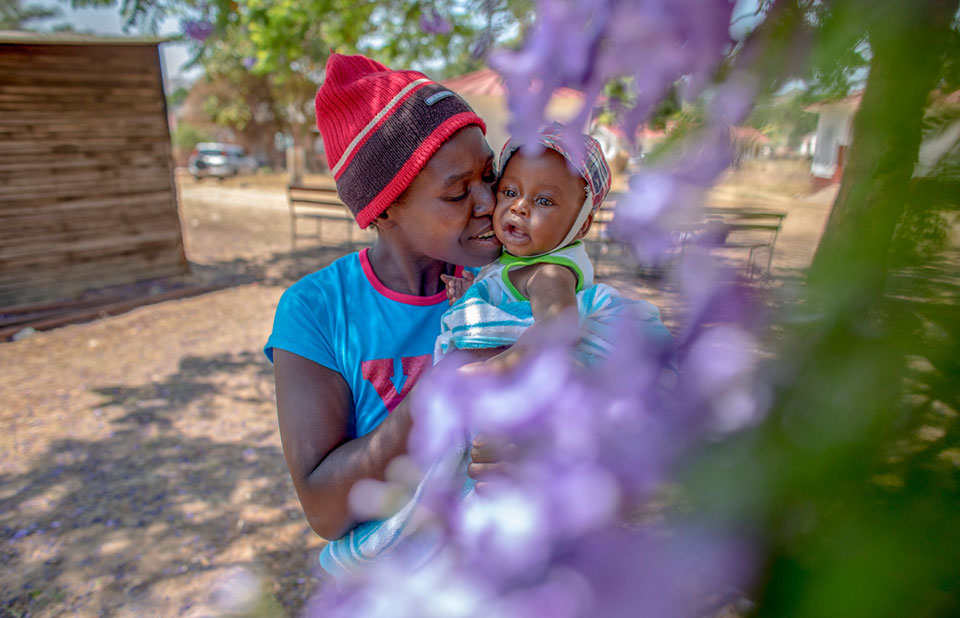
Social and economic inequalities within countries and between them are exacerbating and prolonging pandemics and amplifying their impact amongst the poorest and the most vulnerable.

The Joint United Nations Programme on HIV/AIDS (UNAIDS) unites the efforts of 11 UN organizations—UNHCR, UNICEF, WFP, UNDP, UNFPA, UNODC, UN Women, ILO, UNESCO, WHO and the World Bank

UNAIDS is guided by a Programme Coordinating Board (PCB) comprising representatives of 22 governments from all geographic regions, the UNAIDS Cosponsors and five representatives of nongovernmental organizations, including associations of people living with HIV.
Upcoming meeting: 16-18 December 2025 | Past meetings | NGO/Civil society participation
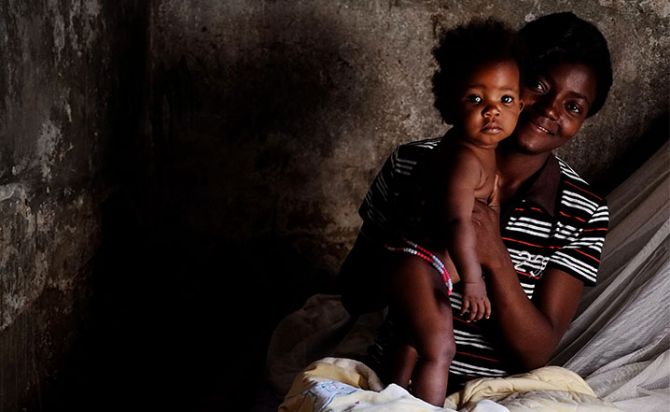
The UNAIDS Results and Transparency Portal aims to increase transparency and accountability around the work we do, the results we achieve and UNAIDS financing.
Discover the work that UNAIDS does to end the AIDS epidemic as a public health threat by 2030.
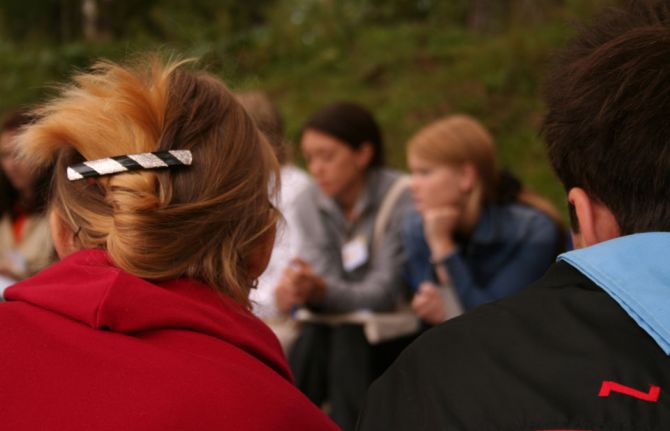
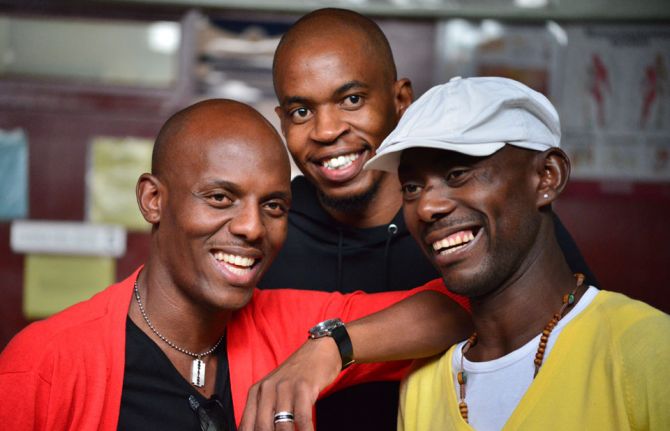
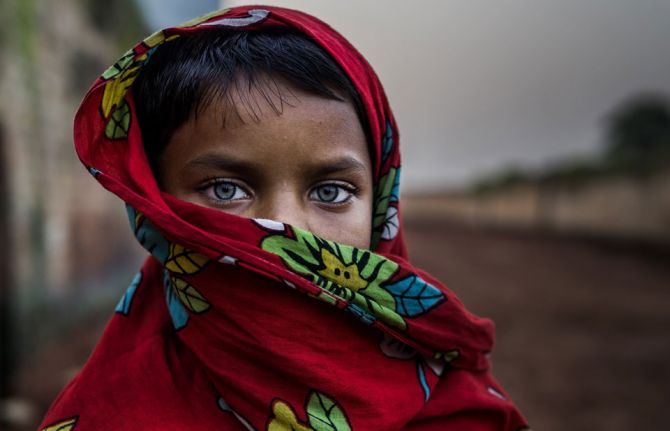
Explore
Discover more about UNAIDS’ work. Click here to access a collection of stories, videos, publications, infographics and more
